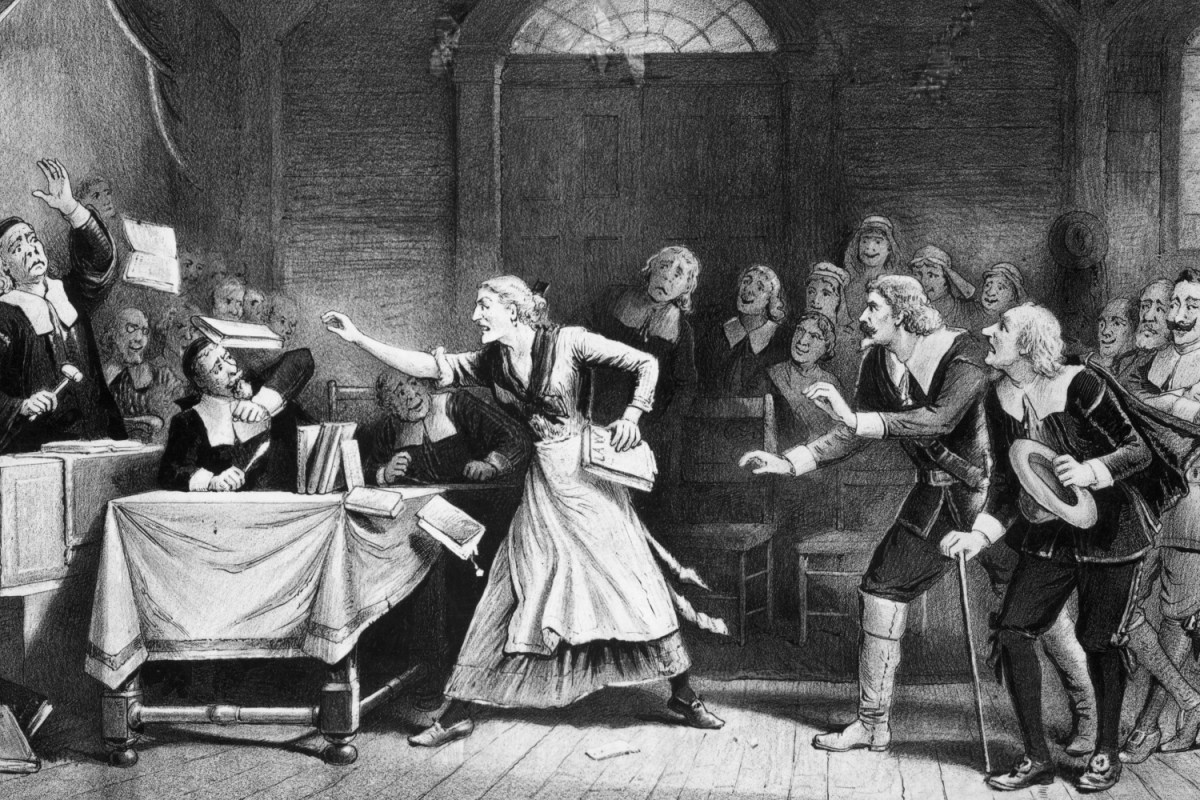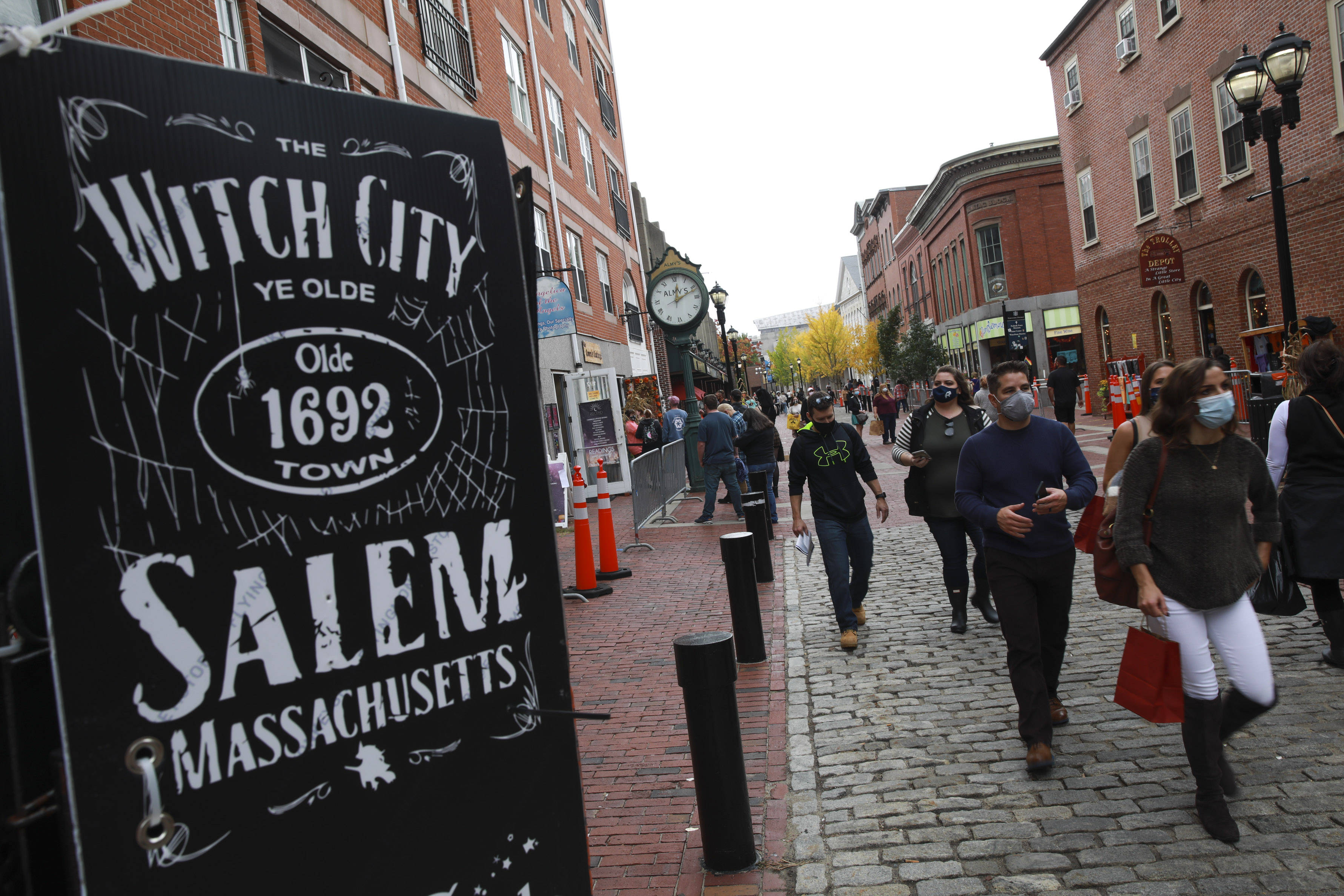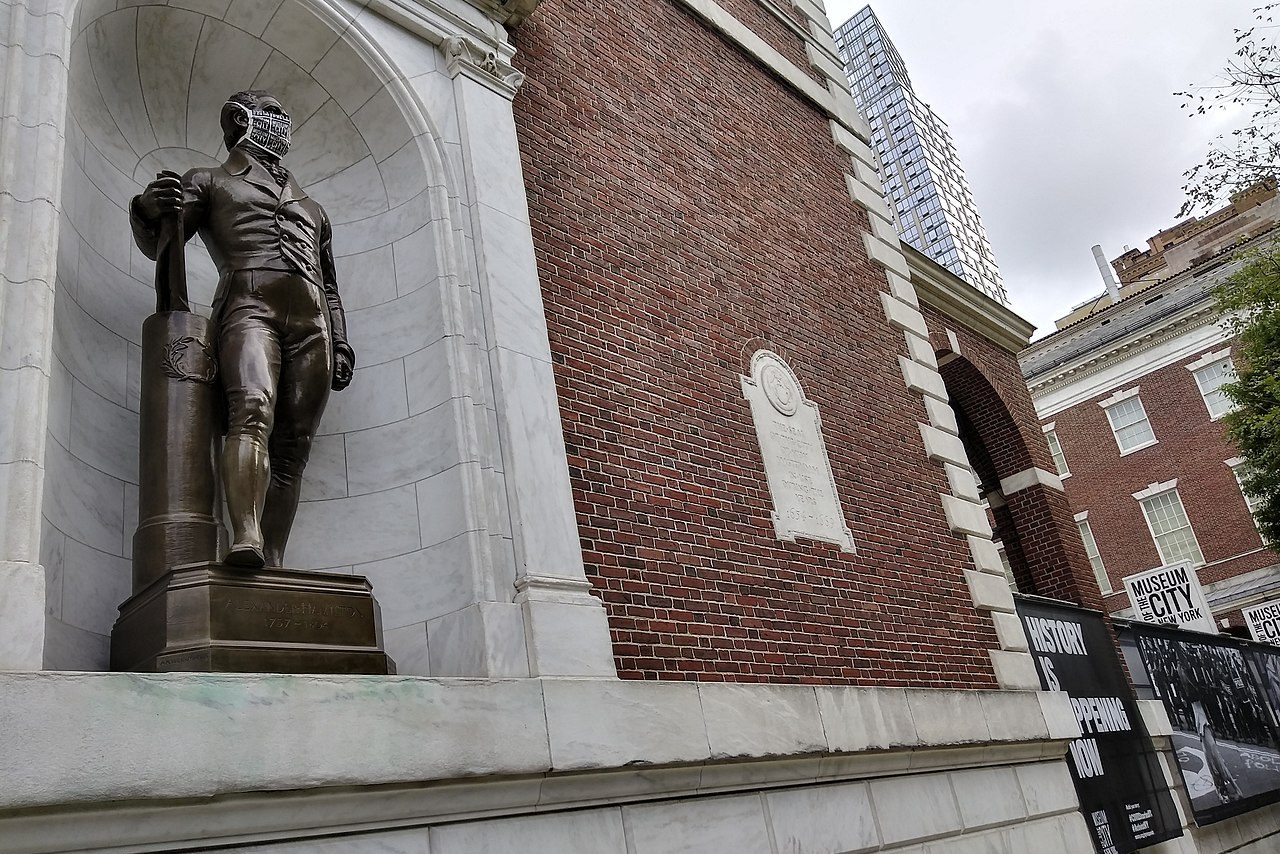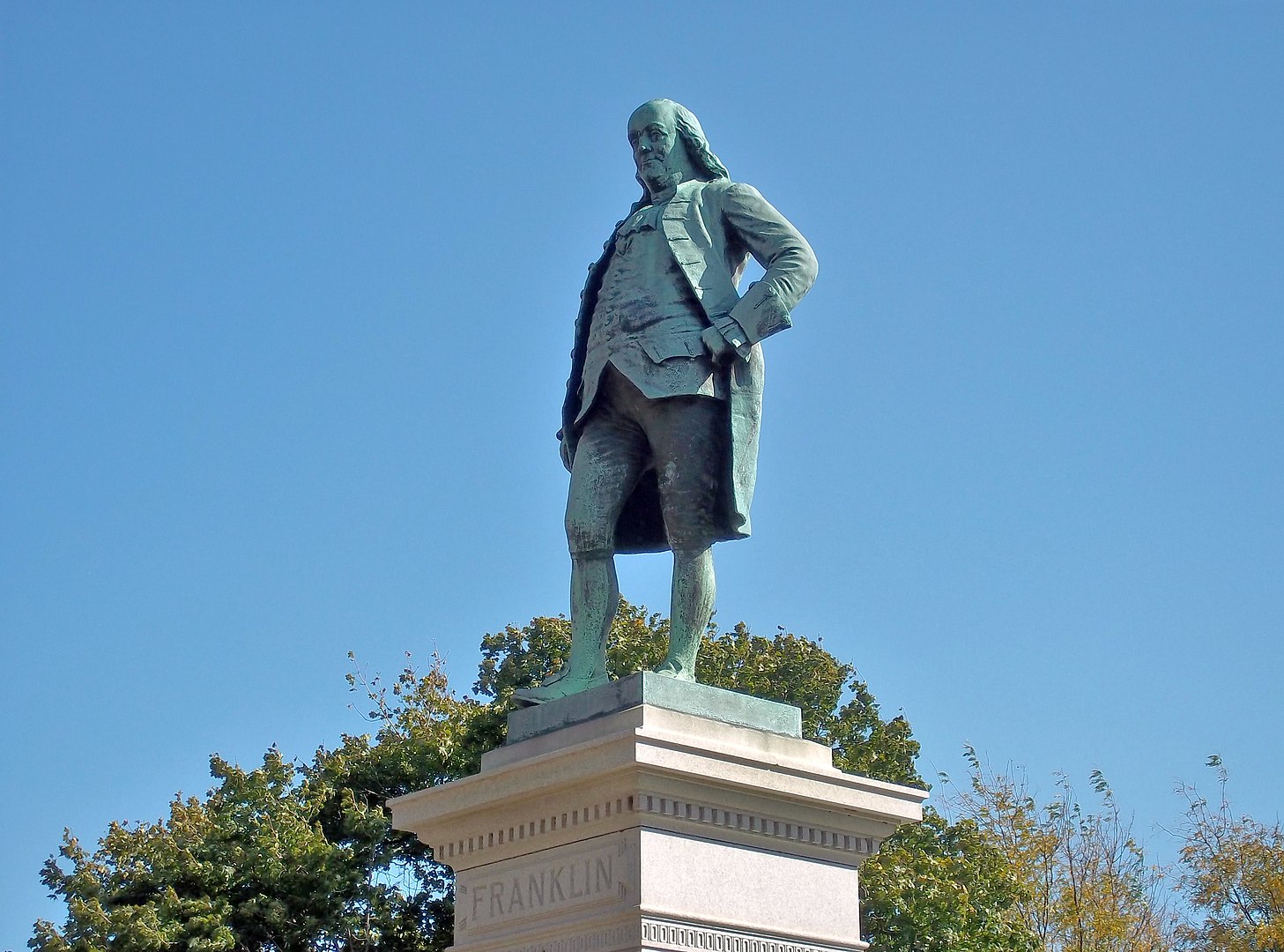In what sounds like the plot to a made-for-TV Hocus Pocus sequel, a woman sentenced to death in the Salem witch trials now stands to have her conviction overturned more than three centuries later, all thanks to some sleuthing on the part of some eighth-graders from North Andover, Massachusetts.
In the 328 years that have passed since the Salem witch trials claimed 20 lives in a particularly dark episode of early American history, dozens of “suspects” convicted of witchcraft have had their names cleared and received official pardons. However, a woman named Elizabeth Johnson, who was 22 years old when she was convicted and sentenced to death (a punishment that was ultimately never carried out), was never officially exonerated in any of the various legislative movements that have sought to clear the names of those who found themselves dragged into the hysteria that swept Salem in the late 17th century. This oversight was discovered last year by a team of 13- and 14-year-old students in a middle school civics class, whose research has reportedly inspired recent legislation to clear Johnson’s name, introduced by Democratic state senator Diana DiZoglio. If passed, the legislation will make Johnson the final accused witch to be cleared, according to Witches of Massachusetts Bay, a group devoted to the history and lore of the 17th-century witch-hunts.
“It is important that we work to correct history,” DiZoglio said. “We will never be able to change what happened to these victims, but at the very least, we can set the record straight.”
Johnson was convicted and sentenced to death by hanging during the height of the hysteria in 1693, but ultimately had her punishment thrown out by then-governor, William Phips, as the injustice of the trials began to dawn on Salem. But while Johnson’s punishment was rescinded, her conviction was not reversed and technically still stands, though it’s unclear why her name was never cleared in any of the waves of retroactive exoneration that have occurred in the three centuries since.
“Why Elizabeth was not exonerated is unclear but no action was ever taken on her behalf by the [state] general assembly or the courts,” said DiZoglio. “Possibly because she was neither a wife nor a mother, she was not considered worthy of having her name cleared. And because she never had children, there is no group of descendants acting on her behalf.”
Three centuries later, however, she does have a group of teenagers acting on her behalf. According to their teacher, the students painstakingly researched Johnson and what it would take to exonerate her, though the class did run into some existential doubts about clearing the name of a long-dead non-witch amid a viral pandemic and the various other catastrophes that seem to be battering the world these days on a near daily basis. “Some of the conversation was, ‘Why are we doing this? She’s dead. Isn’t there more important stuff going on in the world?’” said LaPierre. “But they came around to the idea that it’s important that in some small way we could do this one thing.”
Thanks for reading InsideHook. Sign up for our daily newsletter and be in the know.


















